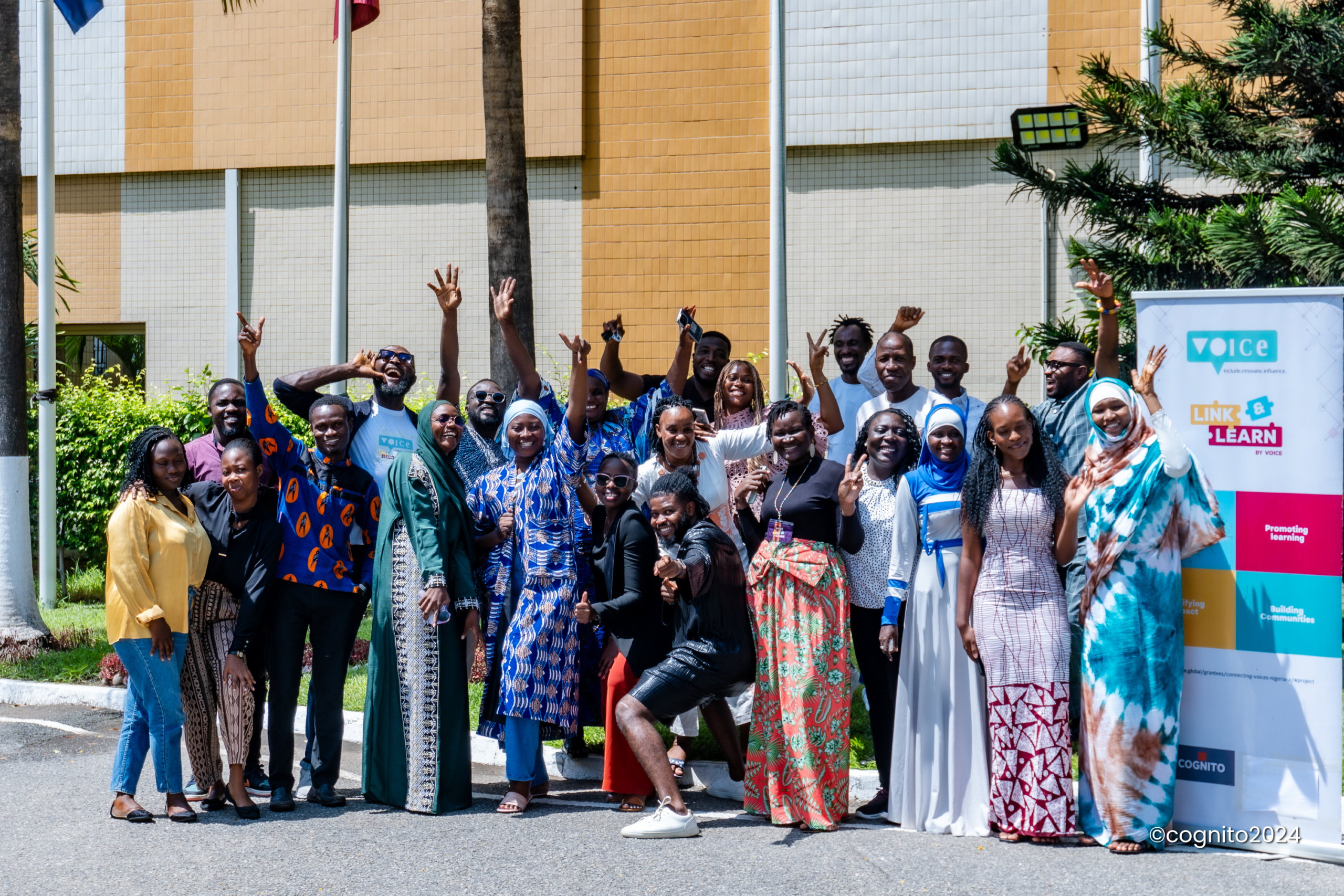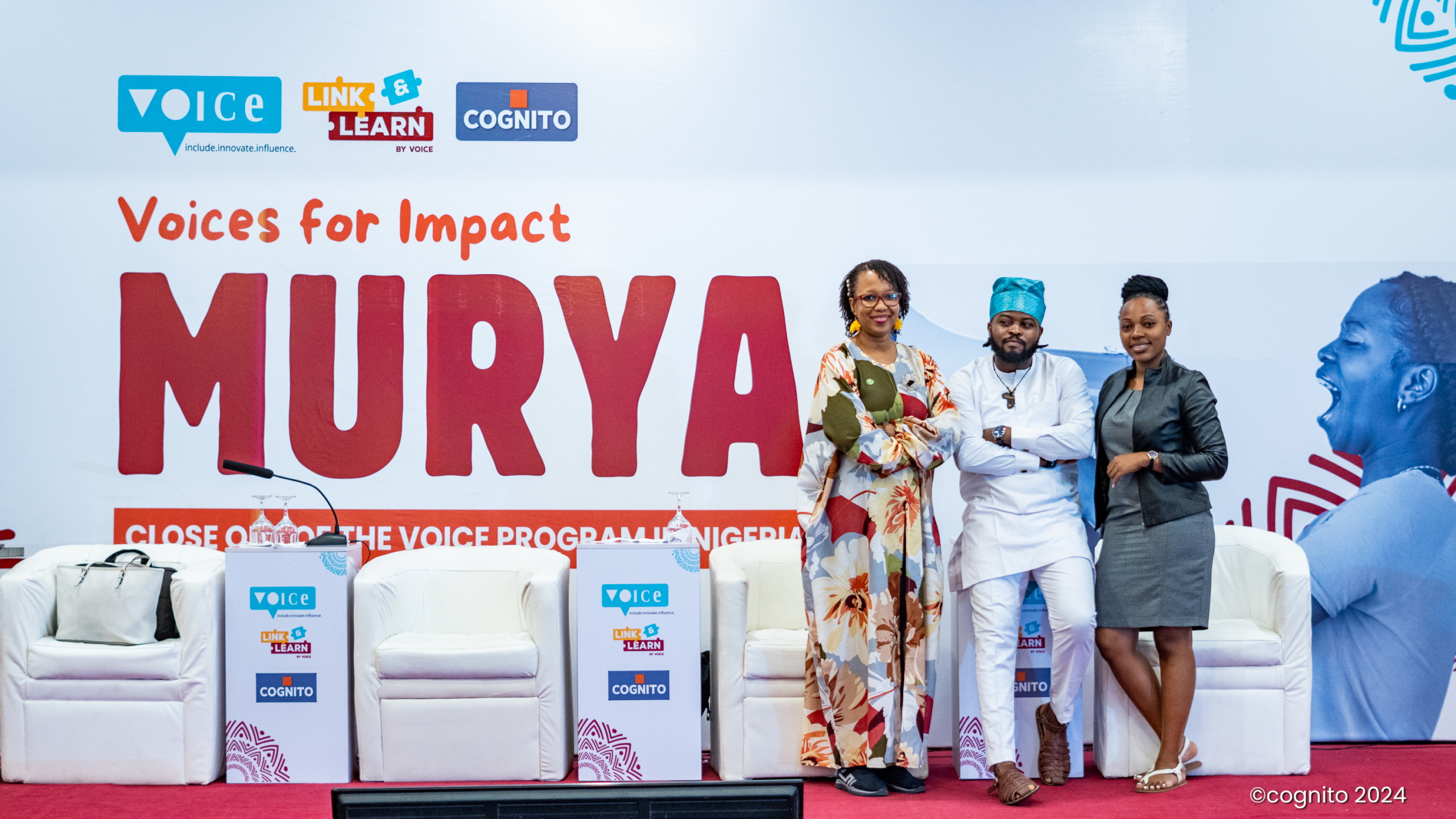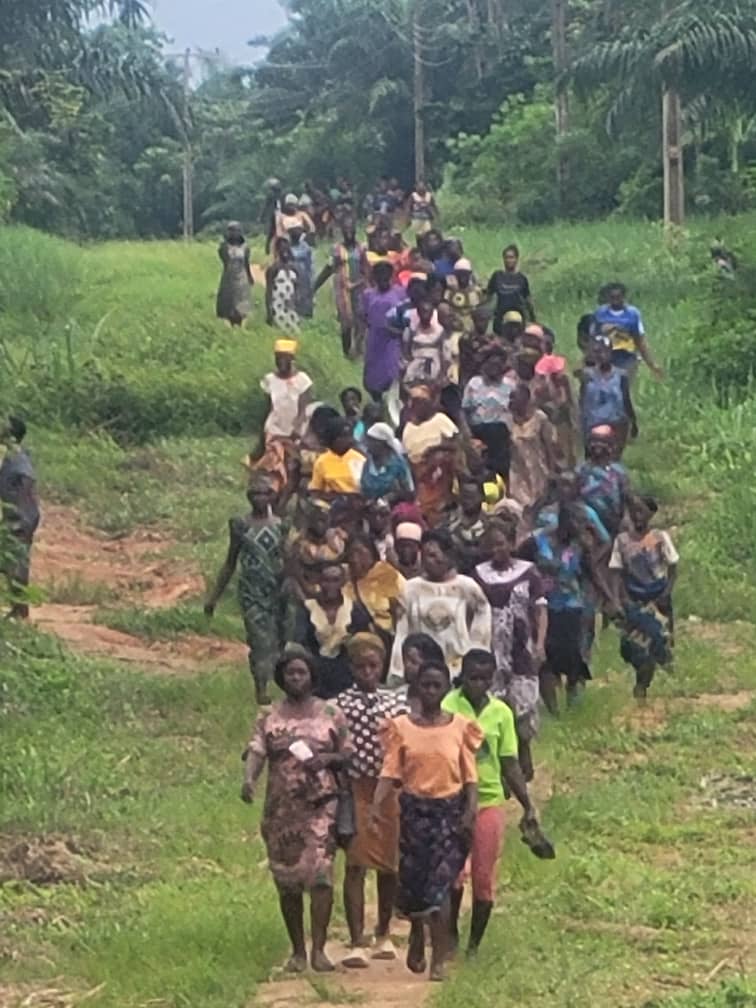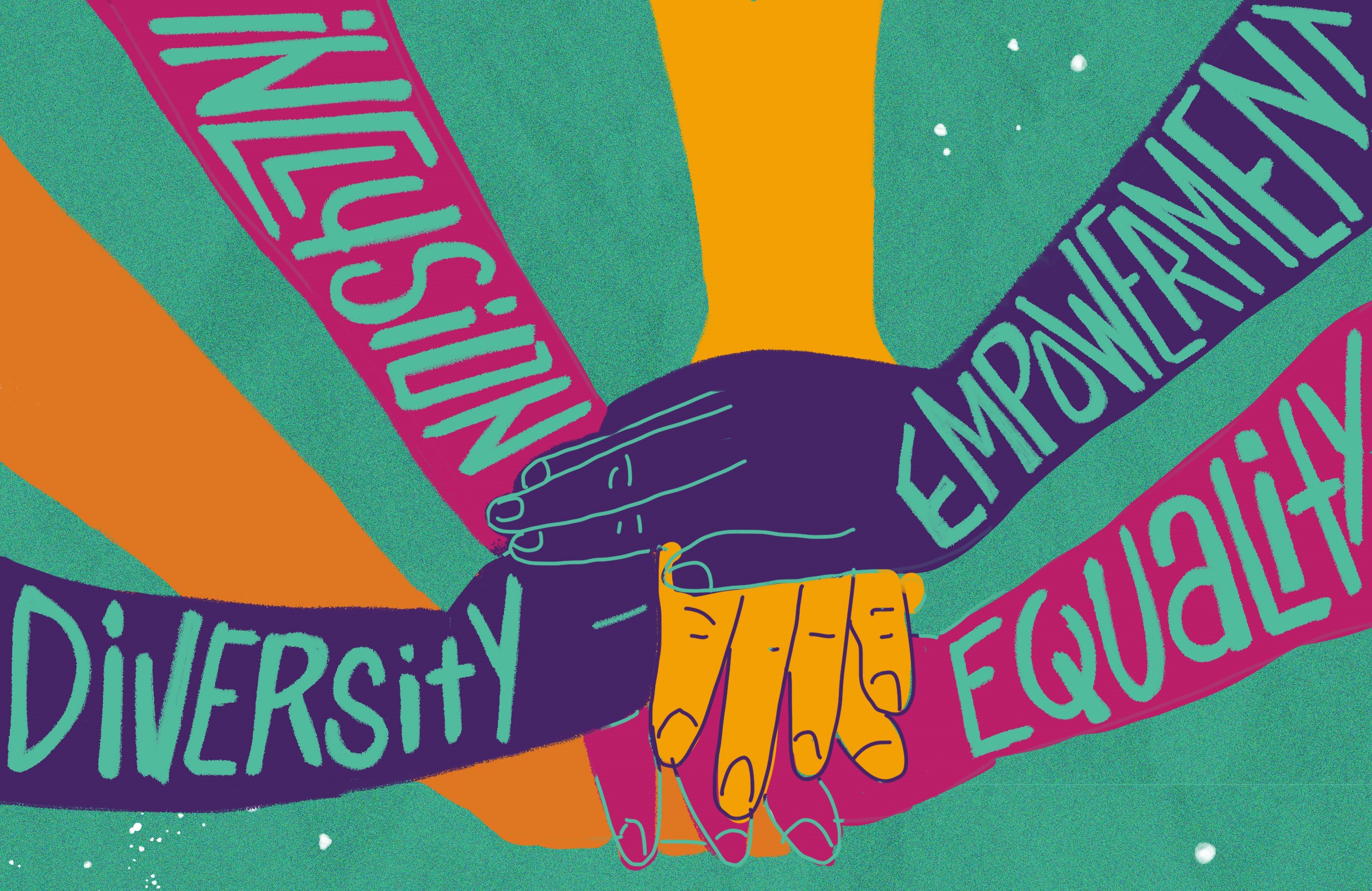The Mindful Inclusion trajectory, a reflection
by Inez Hackenberg, Linking and Learning Coordinator
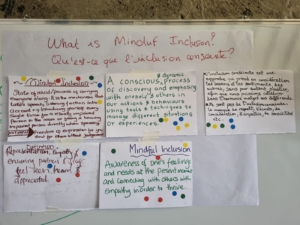
At the start of the Voice programme, we explored core ideas like inclusion and exclusion, accessibility and inclusive communication, and experienced working intersectionally with a broad group of partners and rightsholders concerned in various contexts.
We also established our Voice ways of working and the intentionality to be a learning programme, to listen and become better at working inclusively, from a place of openness and trust, and co-creation. For many of us, this led to personal reflections on our habits, biases, awareness and use of our power, among others. We were discovering together, as Voice team and Linking and Learning facilitators, what this was asking from us.
To support this intention, we held two Mindful Inclusion workshops in 2019 and 2023, with each having a different focus. The first series was strongly related to the interaction with grantee partners and the experience and communication skills needed for a more mindful, participatory and inclusive way of working. Further, it deepened our understanding of the realities of different rightsholder groups, on diverse gender identities and dived into tools to support our own empowerment and power awareness.
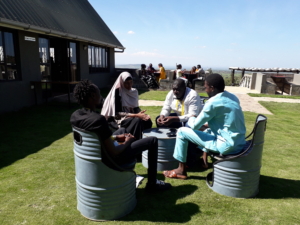
Last year, the work centred around the mindfulness of our internal ways of working, team dynamics, embodiment and interaction at personal, team and society level. It brought practical tools that can be used individually or as part of partnership and linking and learning work.
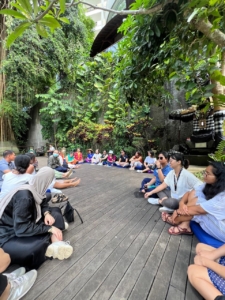
What have we learned?
The workshops were the most palpable aspects of the planned trajectory. The Covid-19 pandemic interrupted the initiated process and changed our ideas on additional online gatherings. Whether it was wise to deprioritise the mindful inclusion is debatable, especially seen the enthusiastic embrace of what was offered in November 2023, the high staff turnover and the challenging workload. There is a need for an ongoing process that allows for deepening on those elements that are important for the team at different moments in time.
The participation of members of the Linking and Learning Facilitator organisations was crucial to open the conversation in the Linking and Learning community of practice and to integrate the tools and learning in our linking and learning processes and practice. In hindsight, it is a missed opportunity that we did not start interweaving these ideas and tools more consciously in the linking and learning work.
The work at the different levels, the personal, organisational and societal, is core to open our attention to mindful behaviour and intentions in all different situations. It’s an open door, we know, but it requires time to work at the different levels and time to process the experiences and translate them to our daily work and life. And therefore, it should be included in the programming as an intrinsic part of the work and not as an add-on.
And again, the influence of the context and culture we live and work in and the languages we work in versus the languages we use and identify with, were important factors that led to misunderstandings as well as great conversations about what different members in the group understood or how they struggled to translate a certain idea or concept in their mother tongue. Besides inquiring what people need to be able to participate as fully as possible, we also worked with a reference group with team members from all countries.
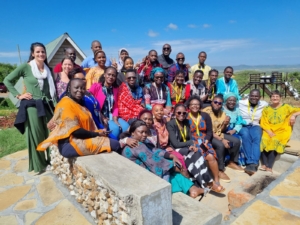
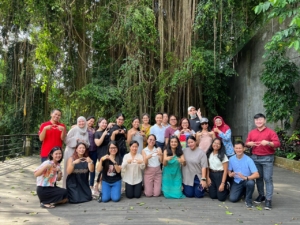
This text is an excerpt from the 2023 Voice Annual Report: Voices We Uphold, which will be available online soon.

